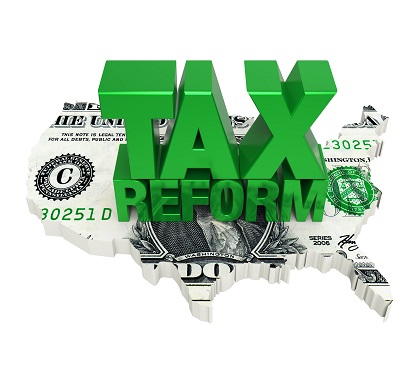Colorado voters rejected Proposition CC (Prop. CC), an initiative proposed by the state legislature that would have permanently allowed the government to keep excess tax revenue instead of returning it to taxpayers.
Prop. CC would have amended Colorado’s Taxpayer Bill of Rights (TABOR), a provision capping state spending and tax increases to the rise in population plus inflation. The initiative would have directed the additional revenue be spent on infrastructure and education.
Proposition CC was passed by the Democrat majorities in both chambers of the General Assembly, with only one Republican state senator approving the measure. It was supported by Gov. Jared Polis, though it did not require his signature to be placed on the November 5 ballot.
Limits Taxes, Spending
The initiative’s failure will limit overreach by the state government and force it to work with the money it has, says Michael Fields, executive director of Colorado Rising Action, which opposed the measure.
“Proposition CC losing means that Coloradans will get to keep more of their money,” Fields said. “And the state government will have to prioritize transportation and education within the current $32.5 billion budget.”
The amount the state would have retained was projected to be $310 million above the TABOR limit in 2019-2020 and $342 million above the limit in 2020-2021, the Colorado Legislative Council estimated.
Revitalized State’s Economy
TABOR, passed by voters in 1992, established that Colorado citizens have the right to vote on all proposed tax or spending increases. Additionally, TABOR requires state and local governments to refund to taxpayers any revenues that exceed the spending cap.
The adoption of TABOR led to economic growth in Colorado, says Jennifer Schubert-Akin, CEO of the Steamboat Institute.
“TABOR helped end years of economic stagnation and laid the groundwork for the state’s future success by keeping resources in the hands of Colorado residents who could put them to their highest-valued use and checking overzealous government spending,” Schubert-Akin said. “It’s requirement that excess revenues must be refunded to taxpayers has resulted in more than $2 billion being returned to the private economy to be spent at local businesses or saved for retirement.”
Busting Budget Caps
TABOR has been weakened by initiatives that have exempted some local and state spending from the limits. In addition, Referendum C, passed in 2005, instituted a five-year period during which tax refunds were retained by the state. The money was supposed to be spent on transportation and health care, but the government shifted existing transportation and health care money to other spending.
Proponents of Prop. CC are planning even bolder measures, Colorado Public Radio reported on November 11, 2019.
“Progressive groups are not discouraged by the defeat,” CPR stated.
Many legislators want a full repeal of TABOR, and a progressive income tax, which voters rejected in 2018.
This more extreme measure would be voted on by the same citizens who rejected Proposition CC, Fields says.
“They obviously aren’t getting the message Coloradan voters are sending,” Fields said.
Owen Macaulay ([email protected]) writes from Hillsdale, Michigan.
Internet Info
Owen Macaulay, “Colorado Voters Could End TABOR Refunds,” Budget & Tax News, The Heartland Institute, July 9, 2019: https://heartland.org/news-opinion/news/colorado-voters-could-end-tabor-refunds




